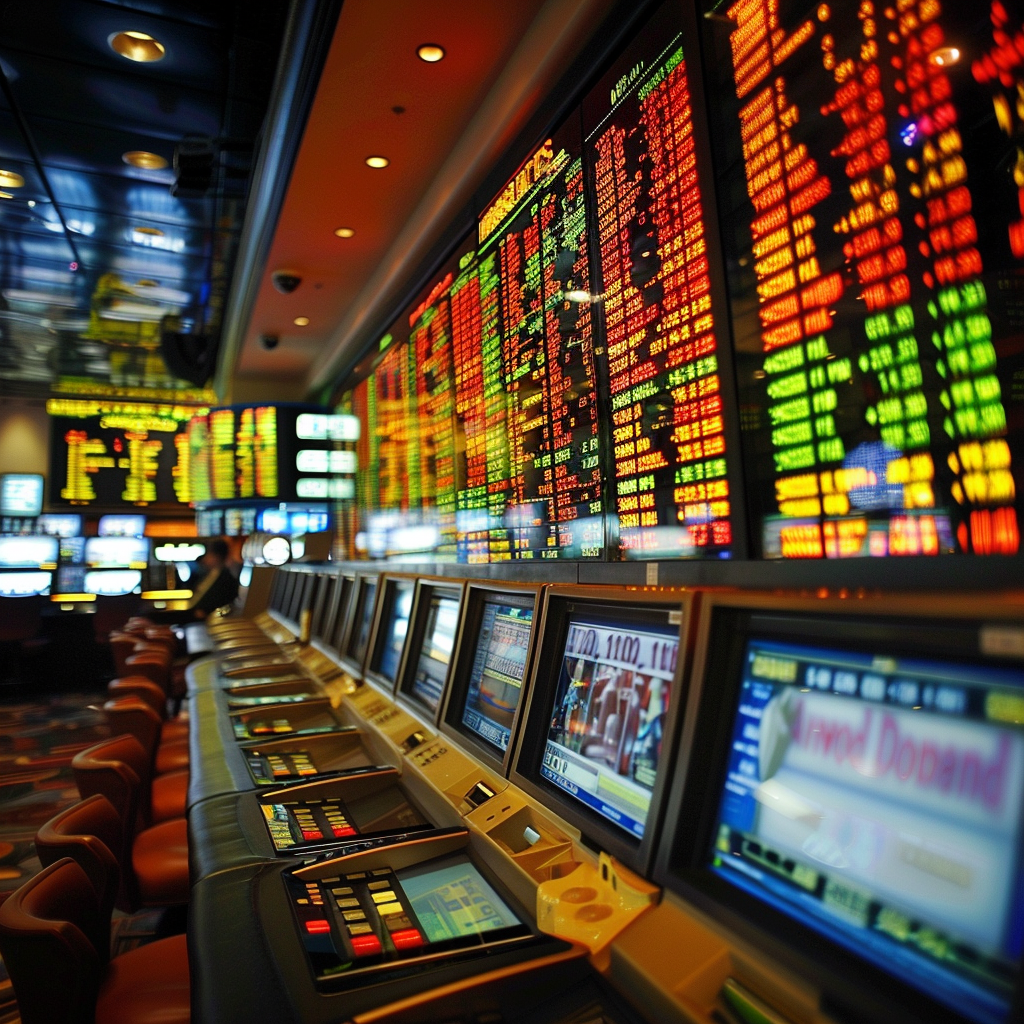Bookmakers are an important part of the global gambling and sports industry. They not only provide players with the opportunity to bet on various events, but also contribute significantly to the economy. The financial models used by bookmakers play a key role in their operation and can have a significant impact on the economic environment.
Basic financial models of bookmakers
Fixed odds model – This is the most common financial model used by bookmakers. In this model, the odds for events are set in advance and do not change, regardless of the number of bets on a certain outcome. This allows bookmakers to accurately predict potential payouts and manage risk.
Variable coefficients model differs in that the odds can change depending on the number of bets on a certain outcome. This allows bookmakers to balance their betting books and minimize risk. The odds change in real time, making this model more dynamic and adaptive to current market conditions.
Premium and VIP models offer special conditions for large players or regular customers. Such models use individual odds, personal managers and exclusive bonuses. These models are aimed at retaining the most valuable customers and increasing their loyalty.
Betting exchange model allows players to place bets against each other, and the bookmaker takes a commission for intermediary. This significantly reduces the risk for the bookmaker, as they are not responsible for payouts on bets.
How bookmakers generate income
Bookmakers generate income in various ways:
- Margin on odds: Setting odds based on margin to ensure guaranteed profits. Bookmakers include a certain percentage in the odds, which provides them with income regardless of the outcome of events. This is the main source of income for most offices.
- Commissions and fees: Introduction of additional commissions for certain types of bets or services. For example, fees may apply for withdrawing funds, using certain payment systems, or participating in special programs. These additional revenues help cover operating expenses and increase profits.
- Bonuses and promotions: Attracting new players and retaining existing ones through bonus programs, which ultimately increase the company’s overall income. For example, welcome bonuses, cashbacks and free bets encourage players to place more bets, which increases bookmaker turnover and revenue.
The impact of bookmakers on the economy
Tax revenue and regulation – one of the main forms of influence of bookmakers on the economy. In many countries, betting companies are required to pay taxes on betting income, which contributes significantly to the budget. These taxes can be used to finance various government programs and projects.
Job creation and development of related industries are also important aspects. Bookmakers create jobs not only in their own offices, but also in related industries such as marketing, information technology and customer service. This contributes to the overall economic growth and development of the regions.
Investing in sports and social events is another way bookmakers influence the economy. Many companies sponsor sports teams, tournaments and other events, which promotes the development of sports and an active lifestyle among the population. It also increases brand awareness and attracts new customers.
Risks and challenges for the economy
Despite the positive impact, bookmakers can also create certain risks for the economy:
Gambling problems and their social consequences – one of the main problems. Passion for betting can lead to the development of addiction, which negatively affects people’s personal and professional lives. This requires the development of programs for the prevention and treatment of addiction, as well as the introduction of strict regulations.
Risk of money laundering and illegal transactions is also a serious challenge. Bookmakers can be used to launder illegal proceeds, which requires the introduction of strict anti-money laundering measures and ensuring transparency of financial transactions.
Impact on small business and competition is another aspect to consider. Large bookmakers can create a monopoly in the market, which makes it difficult for small businesses to grow. This requires the introduction of antitrust measures and support for small businesses.
Regulation and the future of the industry
The role of governments and international organizations in regulation bookmakers is to create fair and transparent rules of the game. This includes developing laws and regulations that ensure the protection of player rights and the integrity of operations.
New technologies and their impact on financial models Bookmakers also play an important role. The introduction of artificial intelligence, blockchain technologies and big data makes it possible to improve risk management, increase transparency and increase the efficiency of offices.
Prospects for the development of the industry and its economic impact include further market expansion, the introduction of new products and services, as well as strengthening measures to protect player rights and combat fraud. This will help create a sustainable and prosperous industry that contributes significantly to the economy.
The financial models of bookmakers play a key role in their operations and have a significant impact on the economy. Proper regulation and risk management can help maximize the positive effects of this industry while minimizing the negative impacts. Modern technology and innovation are also helping to develop and improve bookmaker operations, creating a fairer and more sustainable economic environment.
Bookmakers generate income by setting margins on odds, introducing additional commissions and fees, and attracting players through bonuses and promotions.
Key risks include problem gambling and its social impact, the risk of money laundering and illegal transactions, and the impact on small businesses and competition.

